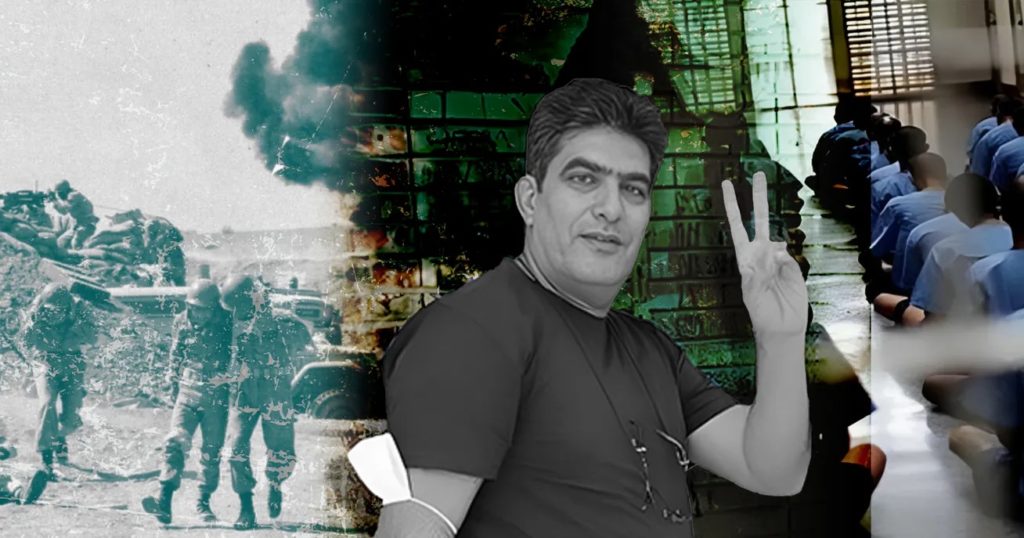Source: iranwire.com

Behrouz Farzandi, 57, a former prisoner of war during the 1980-88 Iran-Iraq War and a member of the persecuted Baha’i religious minority who is currently in jail, has been barred from shopping at the prison store for over 60 days and thus unable to obtain basic and essential items for his daily needs.
Access to the store is managed through a shopping card – which prison authorities have withheld from Farzandi.
The shopping card, typically issued for up to three days by the relevant bank, has been withheld from Farzandi despite multiple requests by him and his family over the past two months.
This arbitrary denial of access to basic necessities poses a serious threat to Farzandi’s health, –particularly considering the heart and digestive ailments he developed during his captivity during Iran’s war with Iraq.
Prolonged deprivation of proper nutrition and other essential items could have irreparable consequences for his well-being.
In November 2021, Branch 1 of the Shiraz Revolutionary Court sentenced Farzandi to seven months and 16 days in prison on the charge of “propaganda against the Islamic Republic” and to 31 months and 16 days in prison for the charge of being a “member of anti-government groups.”
The original verdict was upheld by the appeals court. Under Article 134 of the Islamic Penal Code, the harshest punishment – 31 months and 16 days in prison – is applicable.
On March 7, 2022, Farzandi was again summoned to the Revolutionary Court, and was arrested begin serving his prison sentence and was transferred to Adel Abad Prison in Shiraz.
Farzandi was sent on medical leave after four months of imprisonment due to heart problems.
During his leave, he underwent surgery at Kowsar Hospital of Shiraz to repair 95 percent blockages in his heart.
Baha’is are routinely denied their fundamental rights to freedom of religion or belief.
They face systematic persecution in all areas of life, including arbitrary arrests and imprisonments, home searches and property confiscations, access to education and livelihoods, as well as official hate speech in Iranian media, and even the right to proper burials.
Leave a Reply